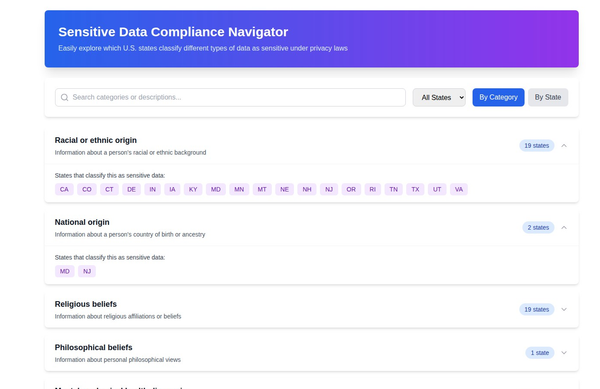Understanding the Role of a Data Protection Officer (DPO) in Compliance

Summary: This article will delve into the role of a DPO, their responsibilities, and why they are crucial for maintaining compliance with various data protection laws.
In the era of data-driven business operations, the role of a Data Protection Officer (DPO) has become increasingly significant. The General Data Protection Regulation (GDPR) established the DPO concept in Europe, setting a precedent for other regions to follow. This article aims to shed light on a DPO's role, responsibilities, and importance in ensuring compliance with data protection laws.
Who Needs a DPO?
Contrary to popular belief, the need for a DPO is not determined by the size of a company but by its core processing activities. If these activities involve processing sensitive personal data on a large scale or a form of data processing that significantly impacts the rights of the data subjects, the company is required to appoint a DPO. Public bodies, except courts acting in their judicial capacity, are always required to appoint a DPO.
Internal vs. External DPO
Companies can either appoint an internal DPO from their existing staff or hire an external DPO. In either case, the DPO must possess expert professional knowledge in data protection law and IT security. The level of expertise required depends on the complexity of data processing and the size of the company.
Responsibilities of a DPO
The primary responsibility of a DPO is to ensure compliance with all relevant data protection laws. This includes monitoring specific processes, such as data protection impact assessments, raising awareness, and training employees for data protection. They also collaborate with supervisory authorities.
Despite their monitoring function, the company remains responsible for complying with data protection laws. Therefore, it must involve the DPO in all issues related to protecting personal data in a timely and proper manner.
Legal Obligations
If a company is legally obligated to appoint a DPO and fails to do so, it can face penalties. The company must publish the contact data of the DPO, communicate their appointment to the data protection supervisory authorities, and ensure that the DPO is not dismissed or penalized for performing their tasks.
Conclusion
The role of a DPO is crucial in navigating the complex landscape of data protection laws. By ensuring compliance, they protect the company from legal repercussions and contribute to building trust with customers and stakeholders. Whether your organization is legally required to appoint a DPO or not, having one can significantly enhance your data protection efforts.
Please note that this article is intended to provide a general overview of the role of a DPO and does not constitute legal advice. Please consult a data protection law expert for detailed guidance on compliance with data protection laws.





